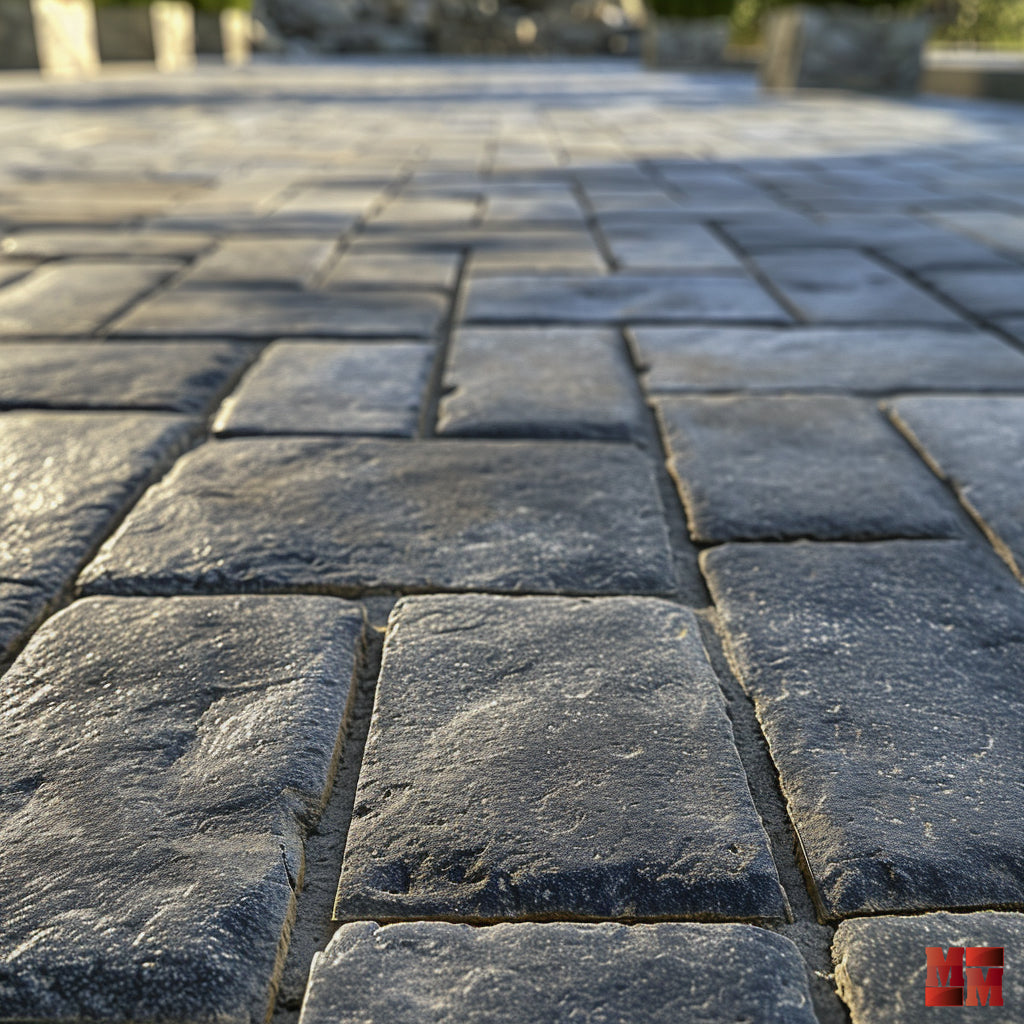Paving Stones Thickness: A Key Element for Durability and Aesthetics
Montreal, Laval, Longueuil, South Shore, and North Shore - Paving stones, also known as pavers, are a popular choice for landscaping your outdoor spaces. They bring undeniable elegance to your driveways, patios, and courtyards. When considering the installation of paving stones, one of the crucial decisions to make is the thickness of the pavers. Many may perceive this as a minor aspect, but in reality, the thickness of paving stones has a significant impact on their durability, strength, and aesthetics. In this comprehensive guide, we will explore the importance of paving stones thickness and how to make the optimal choice for your project.
1. Durability Above All
Why Is Paving Stones Thickness Important?
The thickness of paving stones plays a vital role in their durability. The thicker the pavers, the better they can withstand the wear and tear caused by pedestrian and vehicular traffic, as well as temperature variations. Adequate thickness ensures that your pavers will remain in good condition for many years, reducing long-term replacement costs.
Resistance to Heavy Loads
An appropriate thickness allows paving stones to support heavier loads without cracking or breaking. This means you can have the assurance that your driveways and patios will remain intact even under the weight of vehicles, outdoor furniture, and other heavy objects.
2. Aesthetics Also Matter
Thickness Influences Design
The thickness of paving stones also contributes to the overall aesthetics of your outdoor landscaping. Thicker pavers can give a more robust and traditional appearance, while thinner pavers have a sleeker and more modern look. The choice will depend on the style you want to create in your outdoor space.
Adaptation to Terrain
Another aspect to consider is the terrain on which the pavers will be installed. If the ground is uneven or unstable, thicker pavers may better withstand these conditions and provide a more even surface.
3. How to Choose the Right Thickness
Recommended Thickness
In general, it is recommended to opt for a minimum thickness of 60 mm (2.4 inches) for paving stones intended for light pedestrian traffic. However, for areas subjected to vehicular traffic, a thickness of 80 mm (3.2 inches) or more is preferable. Be sure to discuss your specific needs with your masonry professional to get personalized recommendations.
Reversible Paving Stones
An interesting option to consider is the use of reversible paving stones. These pavers have variable thickness from one side to the other, allowing you to choose the aesthetics that suit you while ensuring the necessary durability.
The Importance of Proper Installation
Regardless of the thickness chosen, correct installation of paving stones is crucial. Turn to masonry professionals like Maçonnerie Montréal to ensure precise installation that maximizes the durability of your pavers.
4. Conclusion
In conclusion, the thickness of paving stones should not be overlooked when planning your outdoor landscaping project. It has a significant impact on the durability, strength, and aesthetics of your pavers. Take the time to discuss your specific needs with masonry experts to choose the ideal thickness for your paving stones in Montreal, Laval, Longueuil, the South Shore, or the North Shore. With the right thickness and professional installation, your paving stones will remain beautiful and functional for many years to come.

